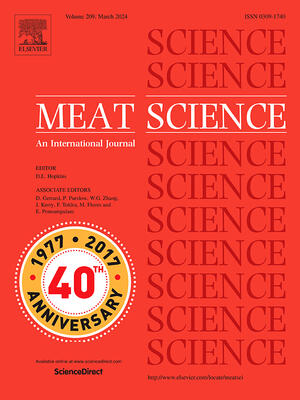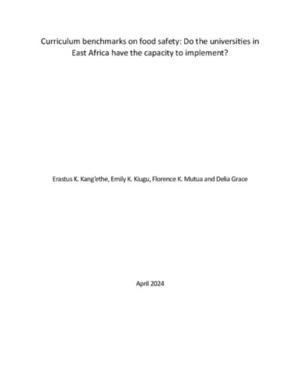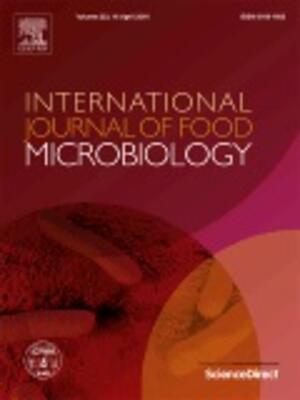
Editorial: Food safety in low- and middle-income countries
Abstract
This is the first special edition on food safety in informal markets in low-and-middle income countries (LMICs). Despite their important public health and socio-economic impacts, foodborne diseases have only recently gained the attention of development institutes and initiatives (Grace, 2023). The is the result of growing appreciation of the enormous burden of foodborne disease in LMICs: the health burden is comparable to that of malaria, HIV/AIDs or tuberculosis and the economic cost is more than 100 billion USD a year (Havelaar et al., 2015; Jaffee et al., 2019). Most of the burden is caused by microbial and parasitic infections and most of these are acquired from fresh foods purchased in mass domestic markets in LMICs (Grace, 2015).
These markets are easy to recognize but hard to define. They have been variously called informal, traditional, wet, embedded, and (more recently) territorial markets (Roesel and Grace, 2014; CFS., 2016). They typically include open public markets, kiosks/small shops, butchers, fruit stalls, street food and small-scale eateries. They often lack infrastructure, waste disposal is poor, and pests are common; much of the food sold is fresh, unpackaged, un-processed or traditionally processed and is cheaper than food sold in the modern sector; live animals (especially poultry and fish) may be sold and in some cases wildmeat and traditional foods such as insects; there is an absence of consistent or structured food safety and quality inspection. Informal markets are often supplied by small-scale farmers; workers are not salaried, lack qualifications and training, and often include women and youth; vendors of similar products tend to sell side-by-side with little differentiation of product or price; ready-to-eat food is often available; customers tend to shop frequently, buy in small quantities and be poorer and less educated than customers who patronize the modern food sector. Trust is a major factor in the customer-vendor relation, and vendors may provide added services such as credit or sale in small amounts. The size, variety, and impacts (both positive and negative) of these markets grow in importance as countries develop and urbanize. During this process food safety gets worse before it gets better (Jaffee et al., 2019).
Citation
Grace, D., Bonfoh, B., Häsler, B. and Hung Nguyen-Viet. 2024. Editorial: Food safety in low- and middle-income countries. <i>Frontiers in Sustainable Food Systems</i> 8: 1358897.









